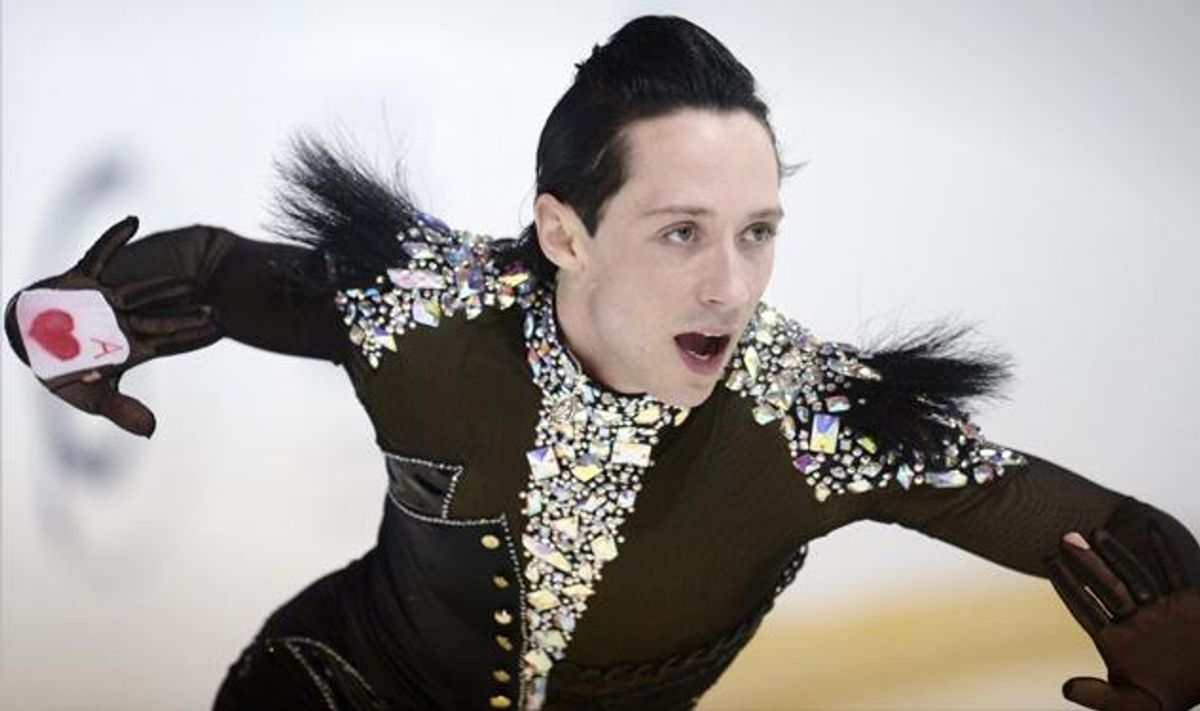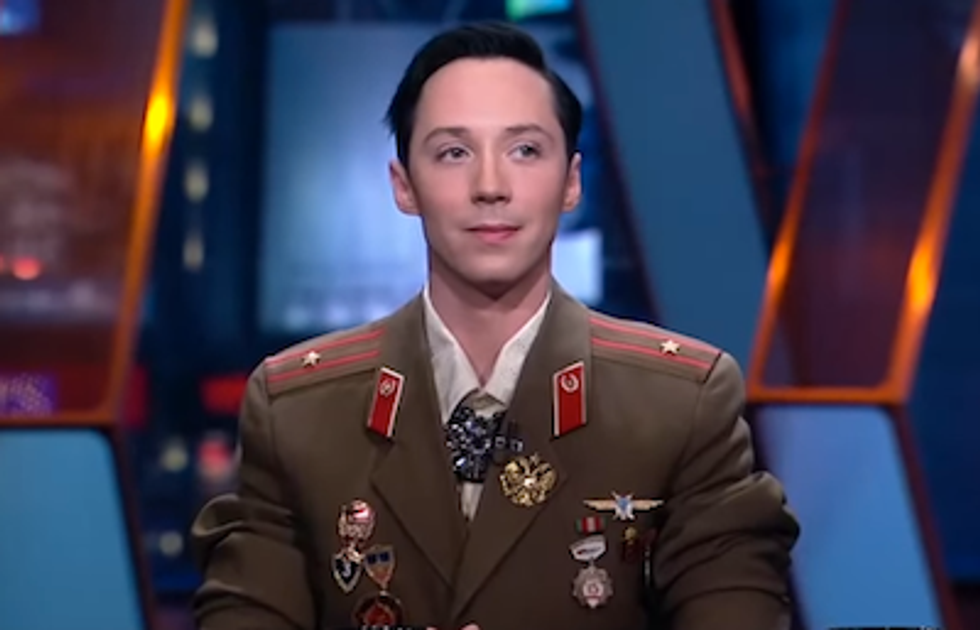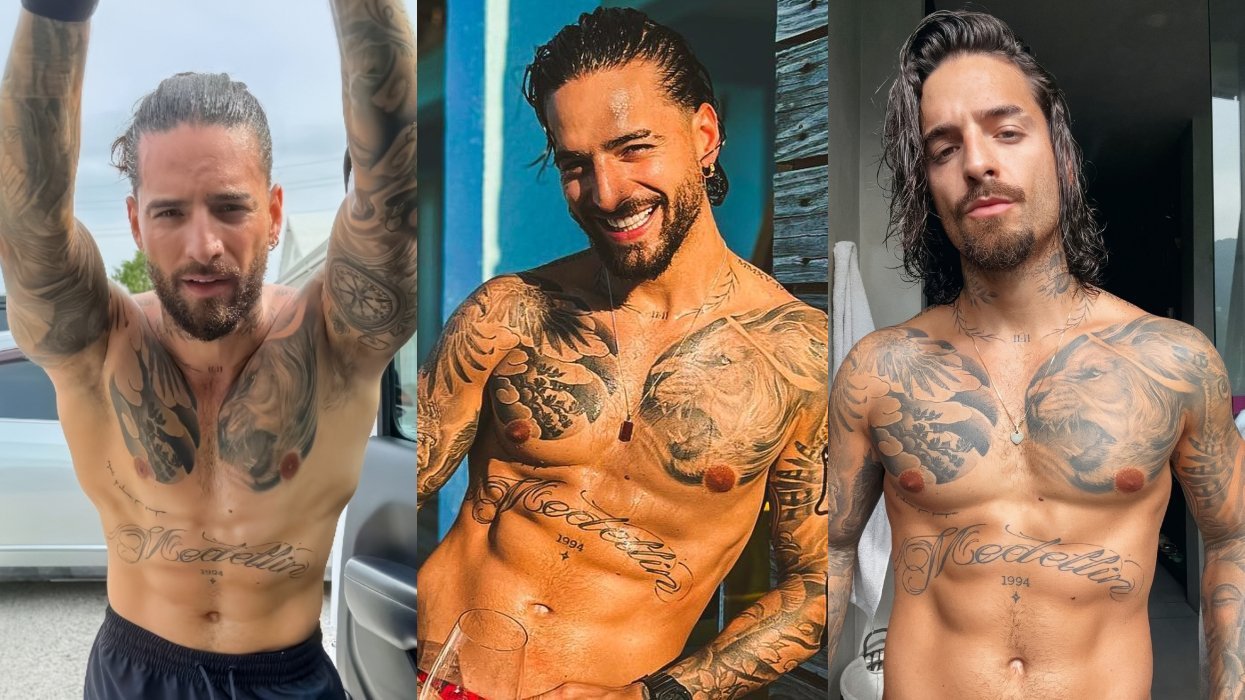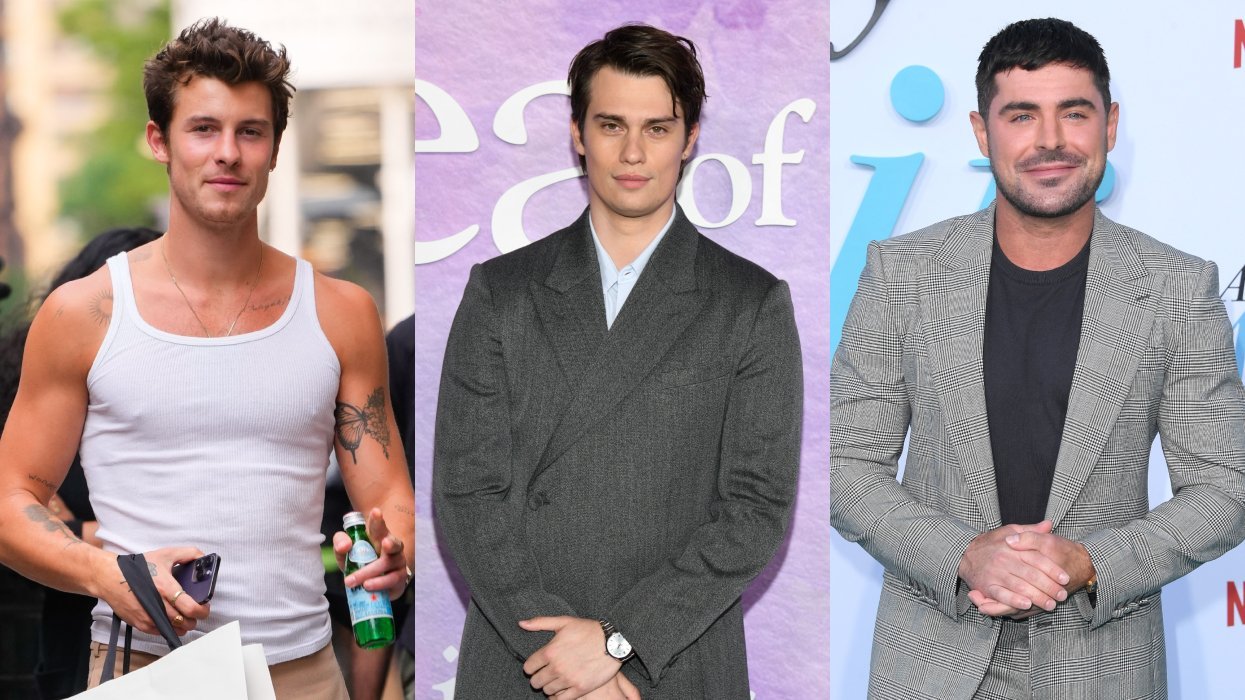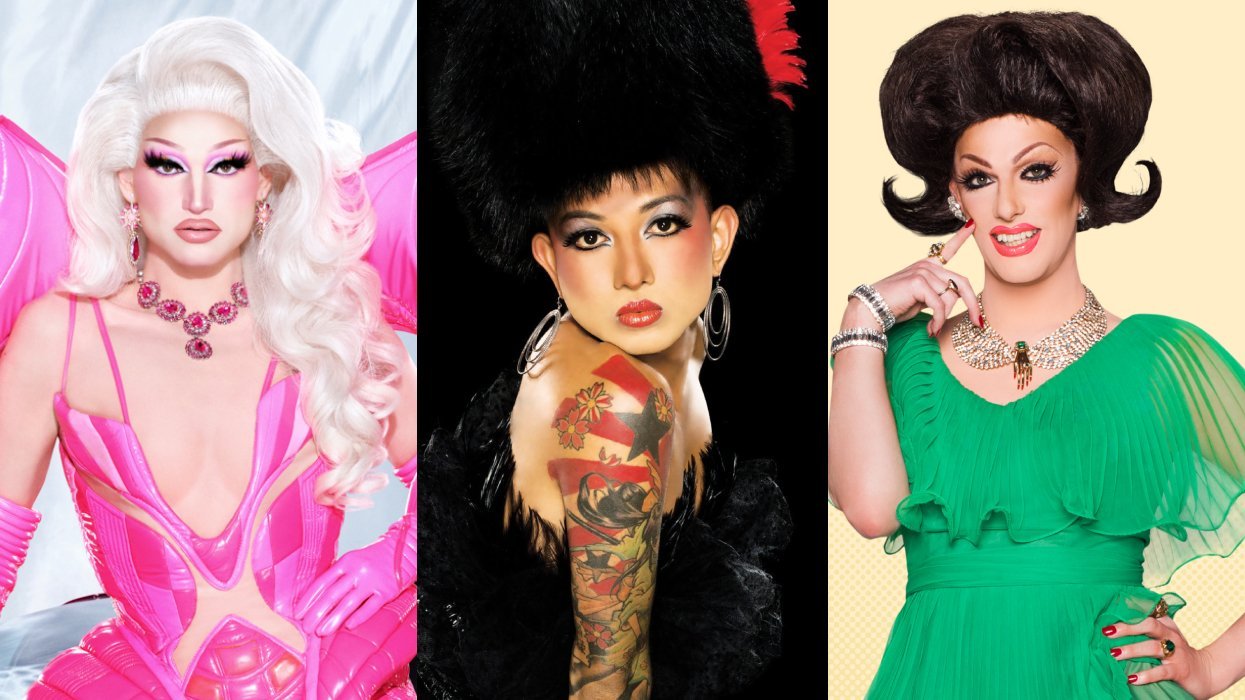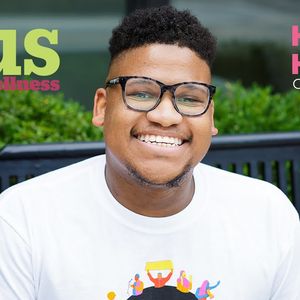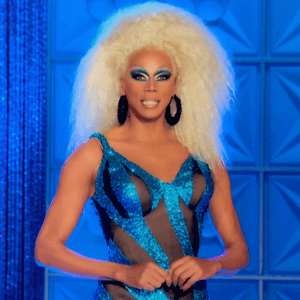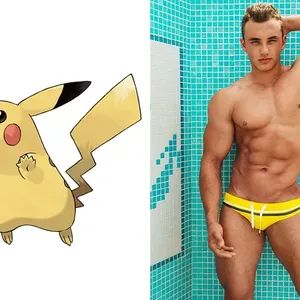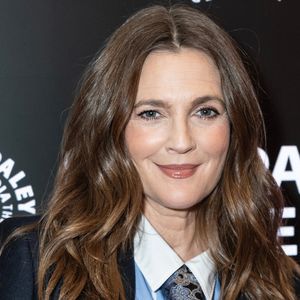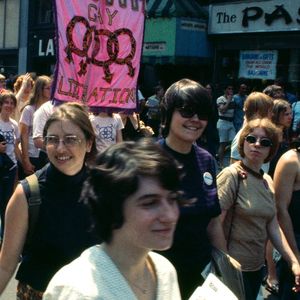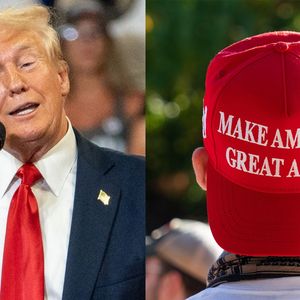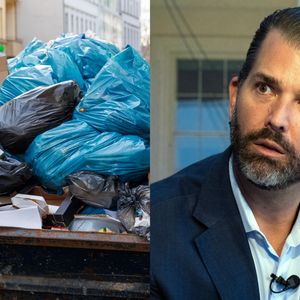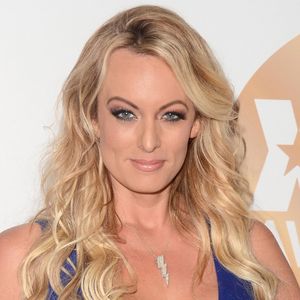Earlier this week, Johnny Weir, the flamboyant figure skater and self-proclaimed "Russophile," sat down for a televised interview with Keith Olbermann on ESPN2. It was a disgusting ten minutes to watch.
The point of the piece was to discuss the proposed boycott of the upcoming Olympic Games in Sochi, which gay activists in the West have advocated as a means of protesting the growing, government-supported pogrom against Russia's LGBT community. Weir is against the boycott. He has his reasons for this--official ones, which he explained to Olbermann, as well as personal ones, which he did not.
But before we get into the latter, let's notice what Weir is wearing in this interview. It is a Russian military uniform: the symbol of the same Russian government oppression that is currently being brought to bear against gay people in Russia, through Putin-approved laws against "gay propaganda" and foreign adoption by people from gay-friendly countries. And that repression is only getting worse: New legislation has been introduced in the Russian parliament to take gay people's children away.
Now imagine, please, that Weir was a Jewish athlete being interviewed about whether the United States should participate in Hitler's 1936 Olympics in Berlin. Imagine that--because he considers himself "first and foremost an Olympian"--he was arguing that we should attend. Fine, he has a right to his opinion. But now imagine that, while arguing that we should participate in Hitler's Olympics, he wore an armband with a swastika on it.

What message is Weir sending with his Russian uniform? And to whom is he sending it?
Weir claims that he opposes the Olympic boycott because it would hurt athletes who want to compete there, and that he opposes boycotting Russian products (like vodka) because it would hurt Russian workers. At one point he gets these talking points mixed up, and winds up spouting total nonsense: "It's very easy for people that aren't athletes, that haven't trained their whole lives for the Olympic games to think, Well, you should boycott Stolichnaya vodka."
It's not strange that Weir can get confused like that, because he doesn't actually care about the athletes or the workers. He only cares, as usual, about himself. He may or may not compete as a skater at Sochi, but even if he does, it will be for the last time. He is not really a top-tier athlete anymore; what he is, more and more, is a celebrity. Specifically, he is a huge celebrity in Russia. He wants to stay loved there, and he is happy to shill for them abroad to maintain his cachet there.
"To attack Russia [over its antigay policies] is silly," he said last month on the Today show. "It is not Russia's public's fault that their government is so bigoted and creating so many problems for a minority group." Weir must know, like everyone else, that the overwhelming majority of Russians--88% according to one recent poll--support the antigay laws that he is talking about. He is not stupid. He's lying. More accurately, he's sucking up.
Russians love Johnny Weir. He's their kind of gay: Liberace of the ice. He's the "fabulous" gay, the mascot, the gay who knows his place and stays in it. (Weir waited until publishing a memoir in 2011 to admit that he was gay at all, which everyone already knew.) The Russians don't mind token flamers like Weir; what scares them are everyday people who happen to be gay. They're scared of homosexuality becoming normal, not staying outrageous like Weir. That's what the "gay propaganda" law is all about.
The Russians love Weir, so Weir loves the Russians. He's like a sad high-school figure: the cheerleader for the same team of jocks that would beat him up if he weren't also doing their homework for them.
So the LGBT campaign against Russian homophobia has put Weir in an awkward spot. In a February article in USA Today, he proposed that gay Olympians should just roll over and accept the Russian law. "My advice would be: Watch what you do when you leave the [Olympic] Village," he said. "If you don't call attention to yourself, attention won't come to you." A few months later, after a huge (and well-deserved) backlash, he reversed course. "If it takes me getting arrested for people to pay attention and for people to lobby against this law," he told CBS News in August, "then I'm willing to take it."
Now he seems to have changed direction again. No more empty talk of protest; instead, he tells Olbermann that just by showing up and competing, he will somehow "empower" the Russian LGBT community. With typical self-drama, he adds that he will be at risk of being arrested or beaten up in the street when he goes to Russia next month--as though he were really just an ordinary gay Joe, and not a well-known and well-loved celebrity apologist.
"You're absolutely right," says Keith Olbermann, stupidly, when Weir compares what's happening in Russia to the fact that he can't yet get married in New Jersey. But Weir is very wrong on all counts. The boycott movement, as he knows, will not harm athletes or Russian workers, because the boycott movement will almost certainly make little real impact. It is a moral gesture, and a media strategy. Its real point is to keep the Russian LGBT crisis in the news, and to keep people talking about it.
That is the final irony of Weir's vain, selfish opposition to the Sochi boycott movement. If it weren't for that same movement, would Keith Olbermann ever have asked him to be on TV?
MICHAEL LUCAS is the creator of Lucas Entertainment, one of the largest studios producing all-male erotica. He lives in New York City. This article is the opinion of the writer.
Correction: The 1936 Olympics were held in Berlin.
